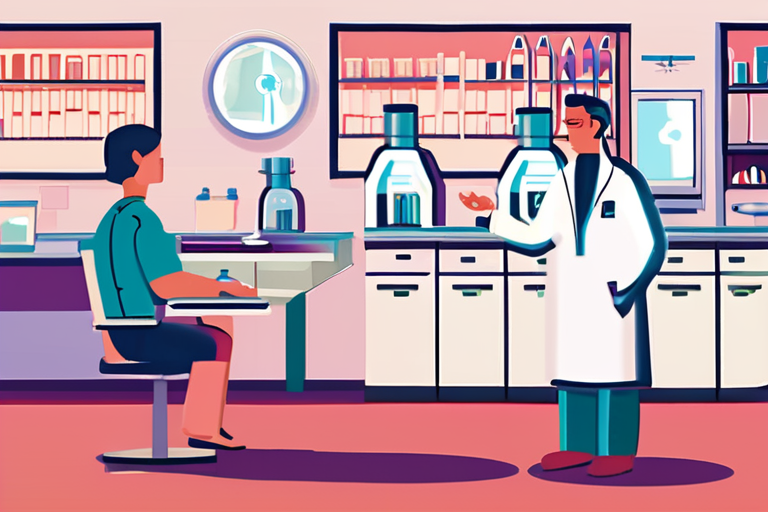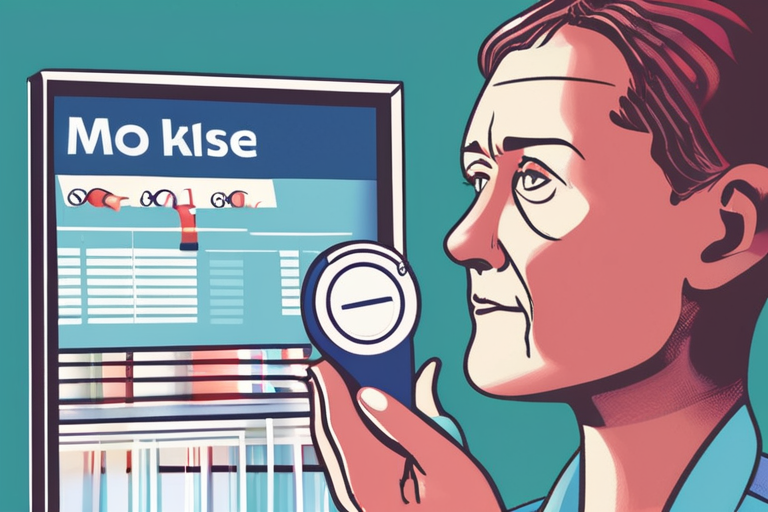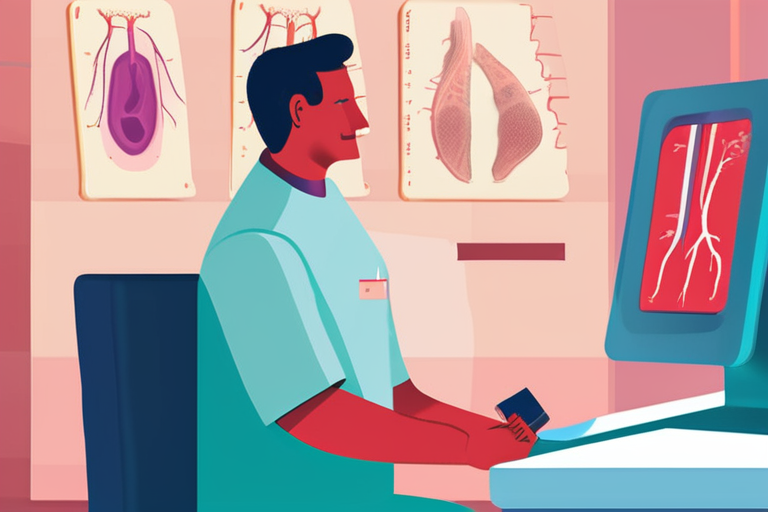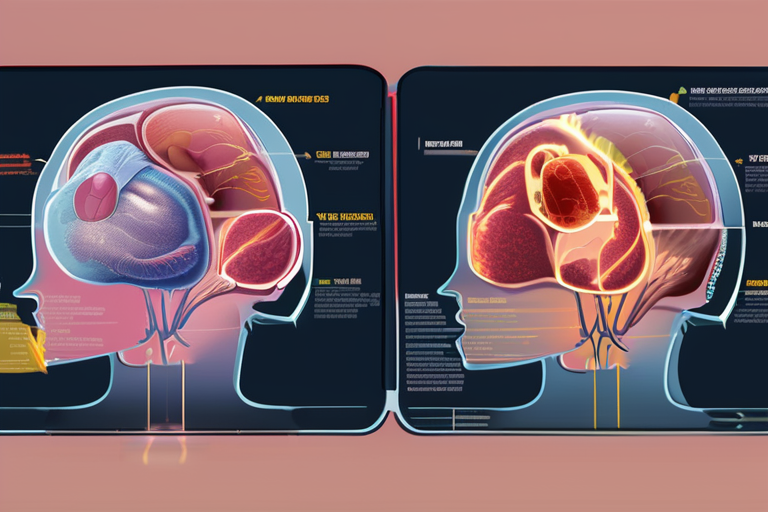Younger Adults' Rising Cancer Rate May Be Misdiagnosed Due to Improved Detection Methods


Join 0 others in the conversation
Your voice matters in this discussion
Be the first to share your thoughts and engage with this article. Your perspective matters!
Discover articles from our community

 Hoppi
Hoppi

 Hoppi
Hoppi

 Hoppi
Hoppi

 Hoppi
Hoppi

 Hoppi
Hoppi

 Hoppi
Hoppi

Blood Test Spots Hidden Mesothelioma That Scans Can't See A groundbreaking new study has revealed that a blood test can …

Hoppi

Lack of Information About Aging Creates a Minefield A recent study has highlighted the alarming lack of knowledge about aging …

Hoppi

Millennials' Cancer Rates Rise Amid Concerns Over Environmental Exposures A recent study has shed light on a disturbing trend: cancer …

Hoppi

Blood Test Spots Hidden Mesothelioma That Scans Can't See A groundbreaking study published on September 11, 2025, by the Georgetown …

Hoppi

Blood Test Spots Hidden Mesothelioma That Scans Can't See A groundbreaking new blood test has been developed to detect mesothelioma, …

Hoppi

Scientists Discover Cancer's Hidden Power to Accelerate Aging A groundbreaking study published in the journal Cancer Cell has revealed that …

Hoppi